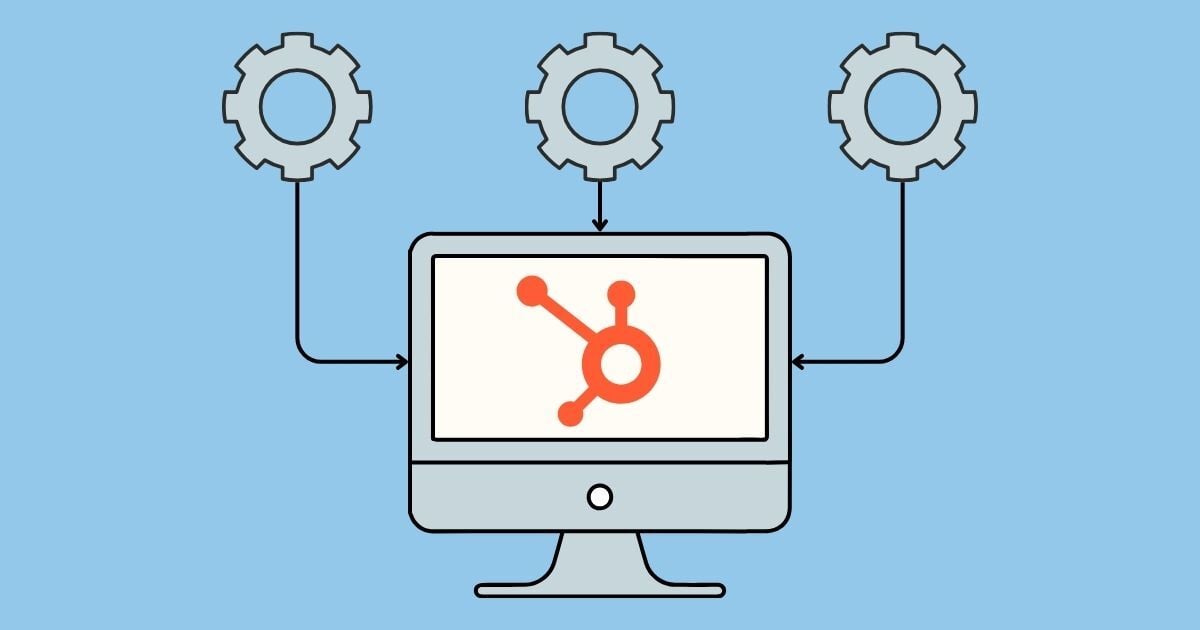
Emerging Data Privacy and GDPR Legislation

Since the mass adoption of the Internet and the consequent cloud-based nature of data collection, transfer, and storage, legitimate concerns about cybersecurity and data privacy have abounded. Unquestionably, data is the new currency in our rapidly evolving digital landscape, and in 2023, the tide is turning toward advancing data privacy and GDPR legislation.
In 2018, the European Union enacted the General Data Protection Regulation (GDPR), which has become the gold standard for global data protection and privacy laws. In this blog post, we will delve into the significance of data privacy, the impact of GDPR, and how new laws are reshaping the world of commerce and business, especially in the United States.
A New Era in Data Privacy
GDPR has inspired other nations outside the EU to follow suit by initiating data protection laws to safeguard how personal data is handled. On July 10, 2023, the EU-US Data Privacy Framework elevated the data privacy conversation with the approval of the GDPR Adequacy Decision, allowing the transfer of data from the EU to the US. Essentially, the commission ruled that the United States has demonstrated adequate data protection to grant participation in collecting and storing data from participants residing in the EU.
Article 45 of the General Data Protection Regulation (GDPR) outlines that US companies must offer and maintain satisfactory data protection levels for all personal data transferred from the European Union, which include the following:
- Data processing
- Data protection
- Individual rights
Previously, the United States had to implement additional measures such as Standard Contractual Clauses (SCCs) or Binding Corporate Rules (BCRs) to guarantee sufficient safeguarding of personal data collected from parties residing in the EU. However, with the GDPR Adequacy Decision in place, the US can transfer, collect, and store data without additional safeguards, simplifying data exchange between regions.
The Importance of Data Privacy
In today’s digital age, personal data is more vulnerable than ever, and data privacy is critical to protect individuals from misuse. We can prevent unauthorized access, fraud, and identity theft by collecting, processing, and storing data securely. The benefits of compliance with data privacy laws are manifold, such as:
- Establishing Trust: Businesses that prioritize data privacy earn customer trust. A data breach can damage a brand’s reputation and create financial consequences.
- Essential Compliance: Laws and regulations surrounding data privacy are becoming increasingly strict and can result in hefty fines for non-compliance, as seen in GDPR cases.
- Upholding Consumer Rights: Protecting data privacy ensures individuals’ right to control their personal information.
- Commercial Continuum: In today’s economy, companies rely on data for decision-making and marketing. Protecting data privacy is crucial for digital growth.
How GDPR has Shaped Commercial Use of Data
The GDPR, which became enforceable in May 2018, introduced several groundbreaking changes in the realm of data privacy:
- Consent Protocols: Businesses must obtain explicit consent before collecting personal information. Users are entitled to be informed about what data is being collected, why it is being collected, and how it will be used.
- Data Portability: GDPR grants individuals the right to access and transfer their data to other services. This promotes competition and empowers users.
- Right to be Forgotten: Individuals have the right to request the erasure of their data, known as the “right to be forgotten.” This ensures that outdated or irrelevant information is not retained indefinitely.
- Data Protection Officers: Certain organizations must appoint data protection officers (DPOs) to ensure GDPR compliance.
- Data Breach Notification: Companies must report data breaches to authorities and affected individuals within a specific timeframe.
Data Privacy Regulations in the United States
The General Data Protection Regulation (GDPR) has influenced numerous countries to implement similar data privacy regulations. As a result, this global trend is significantly shaping commerce and business practices worldwide. The United States has historically had less strict data privacy regulations than Europe. However, the situation is changing, and individual states are taking measures to fill in the gaps left by federal legislation.
Data breaches and privacy scandals have raised public awareness about the importance of data privacy. Consumers are more vigilant about the transfers of personal data and how their data is handled and are more likely to support legislation that protects their rights. Enacted in 2020, the California Consumer Privacy Act (CCPA) introduced GDPR-like provisions, giving consumers more control over their data. It was a significant step toward data privacy regulation in the U.S.
Emerging U.S. State Laws
Following California’s lead iterations of the Consumer Data Privacy Act, which vary in scope and requirements, have been enacted in 12 states with effective dates ranging from January 1st, 2023, to January 1st, 2026, including:
- California
- Colorado
- Connecticut
- Delaware
- Indiana
- Iowa
- Montana
- Oregon
- Tennessee
- Texas
- Utah
- Virginia
Proposed Federal Legislation
There have been ongoing discussions about enacting federal data privacy legislation in the United States. Such legislation would provide a uniform standard and reduce the complexity for businesses operating across state lines.
The U.S. lacks comprehensive federal data privacy legislation, but various proposed federal bills aim to establish a framework for data protection. Notable ones include the Consumer Data Privacy Act (CDPA) and the Online Privacy Act (OPA).
Both bills focus on granting individuals greater control over their personal data and reflect the growing recognition among U.S. lawmakers that a federal approach to data privacy is needed to harmonize the existing patchwork of state-level laws. However, debates over the scope of federal preemption, enforcement mechanisms, and the potential impact on businesses continue to shape the future of these proposed legislations.
Data privacy is no longer an option; it’s necessary for businesses worldwide. GDPR set the stage for a global shift in how personal data is handled, and its influence is evident in the emergence of data privacy regulations in the United States.
As the world becomes more interconnected and data-dependent, businesses must prioritize data privacy to comply with laws, build trust, protect their reputation, and thrive in the evolving landscape of global commerce. The future belongs to those who can adapt to this new data privacy and security era.
Did you know HubSpot can improve your GDPR compliance? Let’s Talk!
Check Out These Related Articles:
Editor’s Picks
Financial firms rely on multiple systems to manage portfolios, service clients, and drive growth. When those systems don’t connect, account data...


Connect with us to discover how we can help your business grow.
.jpg)


